Rex Carey Arrasmith talks about the interplay between his poetry and his fiction, the influence of place on his writing, and going through Lesley University’s MFA in Creative Writing program twice. Read on to learn more about alien robots and ancient legends, poems that turn into stories, and the founding of Cambridge Common Writers.
REX CAREY ARRASMITH – FICTION, JANUARY 2018; POETRY, JANUARY 2020
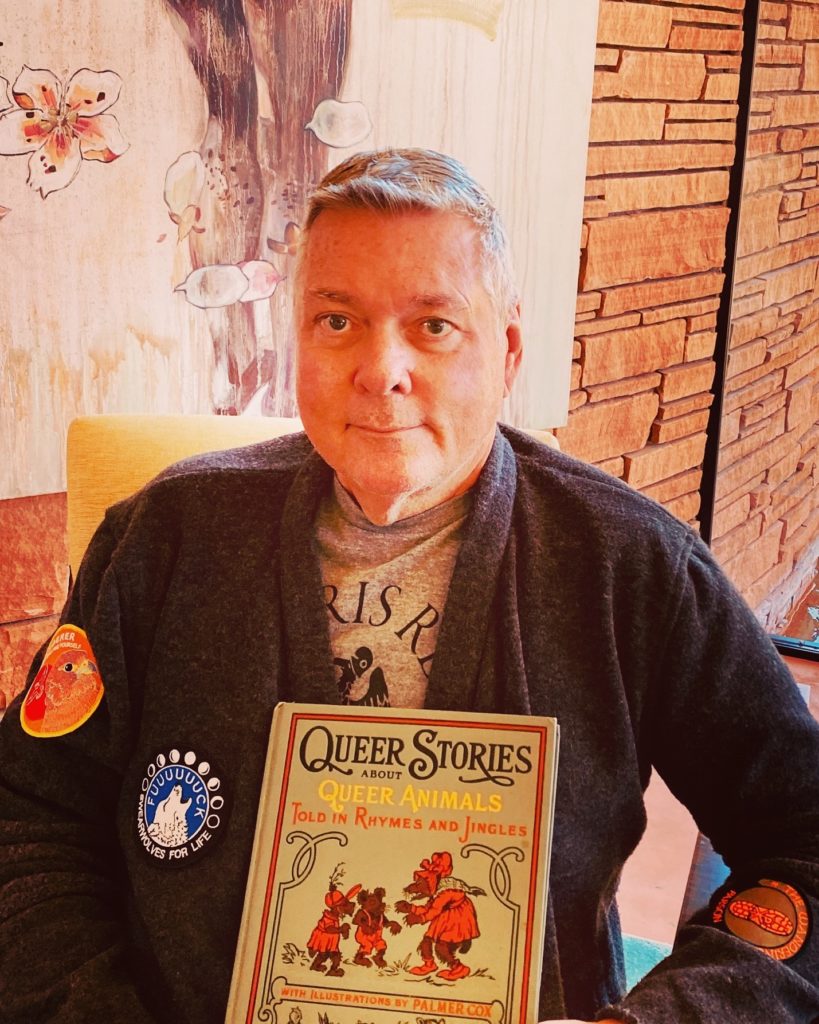
REX CAREY ARRASMITH was raised by wolves in a tiny California desert town often credited with having the hottest summer temperatures. The resulting softening of his brain made creative writing inevitable. After a 30-year career with United Airlines, he decided to turn his decades of life experiences into stories. A faulty and romanticized memory makes writing them as fiction the only way to get the truth out, but readers are advised to regard his fictions as facts. After earning his MFA in fiction, Rex became enamored with Lesley’s poetry faculty and started over. His poetry often serves as a memorial to his friends and lovers lost to the AIDS pandemic. His fiction has been published on Spillwords Press, Brilliant Flash Fiction, and Postcard Shorts, and his poetry in Solstice Literary Magazine, Lily Poetry Review, Hares Paw Literary Journal, New Note Poetry and Passengers Journal. Co-founder of the Lesley MFA alumni group, Cambridge Common Writers, Rex is always happy to talk to aspiring writers at: [email protected].

Interviewed by
Liz Shick
What first drew you to writing, and how has that pull changed or evolved over the years?
I think I’ve always been drawn to writing. In the summer between third and fourth grade, I took a summer school course in typing. My mother recently gave me some of the stories I wrote then for practice. They are embarrassing now, but I loved how my typing teacher also taught us rudimentary book binding. My typing exercises became stories and then books. One of those books was about an alien robot that came to earth and became my friend. The alien planet’s name was all the random keys I punched on the typewriter with my left hand.
Around that same time, I discovered the public library and knew then I wanted to be a writer–especially after I figured out how to sneak books out from the restricted section. One of the first books I managed to hide between the covers of The Hardy Boys was Allen Ginsberg’s Howl. I didn’t understand it, didn’t know it was poetry, but became obsessed with the language. In spite of my hours reading books in libraries, under covers, on camping trips, etc., I learned that being a reader did not make me a writer. Math was easier…for me.
For the next thirty years, I read and worked and read and traveled and read on repeat. In the 90’s, I started attending workshops and writing seminars in poetry, fiction, and travel writing. Later, during a down time, my employer offered a one-year educational leave-of-absence while paying for school and continuing my other employee paid benefits. I enrolled in college extension courses at the University of California, Riverside studying poetry and fiction. My teachers were extraordinary. I didn’t know, or didn’t understand at the time, that they were faculty members for their highly regarded MFA program.
That year unleashed a long-held desire to write and gave me an outlet for my dormant creativity. I was able to stay in touch with my mentors from that time and worked privately with some for the remainder of my working life. My greatest joy came after retirement and my acceptance into the MFA program at Lesley University. I can finally say I am a writer.
Indeed, you are! Many Lesley MFA alums write in more than one genre, but unlike most of us, you actually went through the program twice, first in fiction and then poetry. What made you decide to pursue both tracks? Were they entirely different experiences, or did you find that one reinforced the other?
I was conflicted from the start about choosing a genre to focus on when applying to grad school. I wanted to do a low-residency program mainly because I liked my life and couldn’t see myself upending it to attend a full residency somewhere away from home. I knew I had to send a writing sample along with my application which was a challenge. To some schools I sent a poetry sample and to others a fiction sample. I was accepted in poetry to three schools, but Lesley was the only school that accepted my fiction sample. I chose Lesley mostly because, as a West Coast guy, I liked the idea of going to a school in a literary capital like Cambridge. While I liked writing stories, they always started out as poems. All my story outlines start out as poems.
In my last semester of fiction, I went to a fourth semester cohort seminar with poet Adrien Matejka and thought, hmmmm, wouldn’t it have been great to study with him? That evening during a faculty reading with poet Kevin Prufer, I again thought, were these teachers here the whole time? I’d felt incredibly fortunate to have studied with my amazing fiction mentors and spent residencies attending seminars with all the other fiction faculty, but like most students, I didn’t want it to end.
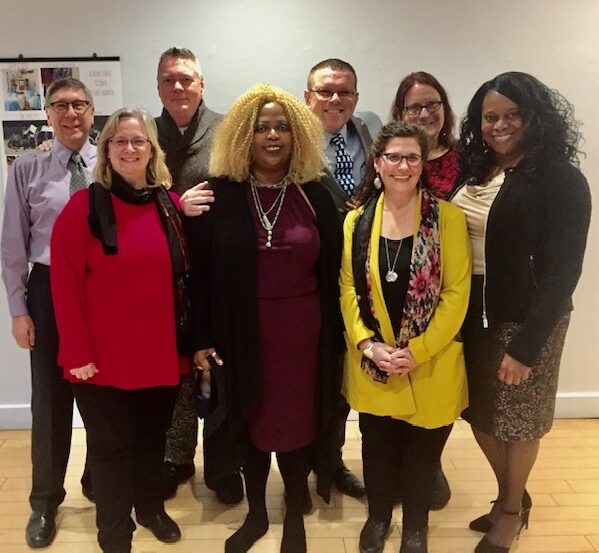
After graduation, I asked about coming back for a semester or two to study poetry. No one had ever done this before, but since there were two of us that pursued this independently of each other, an exception was made for both of us. Robbie Gamble and I were kind of guinea pigs in this pursuit. We both stayed for the whole course of study, me a fiction student [who] stayed for poetry, and Robbie, a poetry student, stayed for non-fiction. I can’t help but think my powers as a writer were strengthened by the experience. The rigors of fiction taught me focus in service of telling a story. My characters were better versions of myself: braver, smarter, quicker witted, better looking (HA). In poetry, I was able to expose myself, warts, and all. It helped me get over my fear of showing my truest self.
That’s fascinating that all your stories start out as poems. Can you talk a little more about that interplay? You write a poem, and the poem inspires a connected story, or the poem itself evolves into a story? And if the latter, how do you know when the poem wants to stay a poem instead?
While studying fiction, all my poems evolved into stories. For example, I wrote a poem based on an underground mobile-assisted suicide service I’d read about. In the poem, the mobile service I made up was an old-fashioned ice cream truck. It was an attempt to make sense of what I’d read and why people might be attracted to this form of suicide. In the story version, the ice cream man in my poem became a hospice nurse that falls in love with one of his terminal patients, using ice cream as a delivery device for the lethal dose. I’ve found that poetry is a cool way to flesh out the themes I want to cover in a story; poems serve as a kind of outline for feelings and mood.
Poems that don’t become stories are more personal in nature and serve to relive a moment, sometimes painful, poignant, sad, happy, but always just a moment. Having written it down, I know I have nothing else I want to say about that one thing that nagged in my brain demanding attention. Once written, that itch is scratched and finally scabbed over. Poetry serves as a catharsis for me; fiction gives me a chance to rebuild better versions of myself.
That’s inspiring on many levels. Your previous career with United Airlines allowed you to travel extensively. You now divide your time between Arizona and Hawaii. Do you find that travel and the resulting changes in culture and setting influence your writing in any way? Do you write more from an internal place or observation?
I live in two places that are steeped in myth and mystery. It would be impossible not to be influenced by the Native Americans and their relics that can be found everywhere, and the mystery of the Vortex’s energy that overstimulate my dreams. I spend winters in Hawaii where the annual humpback whale migration sends echoes of whale song carried on the surf, and Hawaiian legends are etched on place names and in the songs that children learn to dance and hula to.
Arizona is home to many poets and there are weekly readings at our public library and monthly slams at a local theater. I’ve written lots of poems about my encounters with wildlife and my interpretations of found petroglyphs. Where I write here has a view of the famous Sedona red rock cliffs. Coconino Forest trails are right outside my door, and our neighborhood is called Solitude. There is an artist culture here, and I am surrounded by painters, sculptors, seers, writers, and poets.
Hawaii has so many ancient legends it feels like every tree, every rock has a story. I’ve written down many of them in an attempt to give personalities and life to their heroes, demi-gods, and sacred places. On my island (Lāna’i), there is a legend about a prince who kidnaps and marries a princess from a neighboring island. I have a view of the place where the events are said to have occurred. I wanted to bring the characters to life so they could tell their story. My version elevates their tragedy beyond the plaque that marks the place.
So, a bit of both. I write from an internal place based on my years of lived experiences, and I write from observable places right outside my door that demand my creative attention.
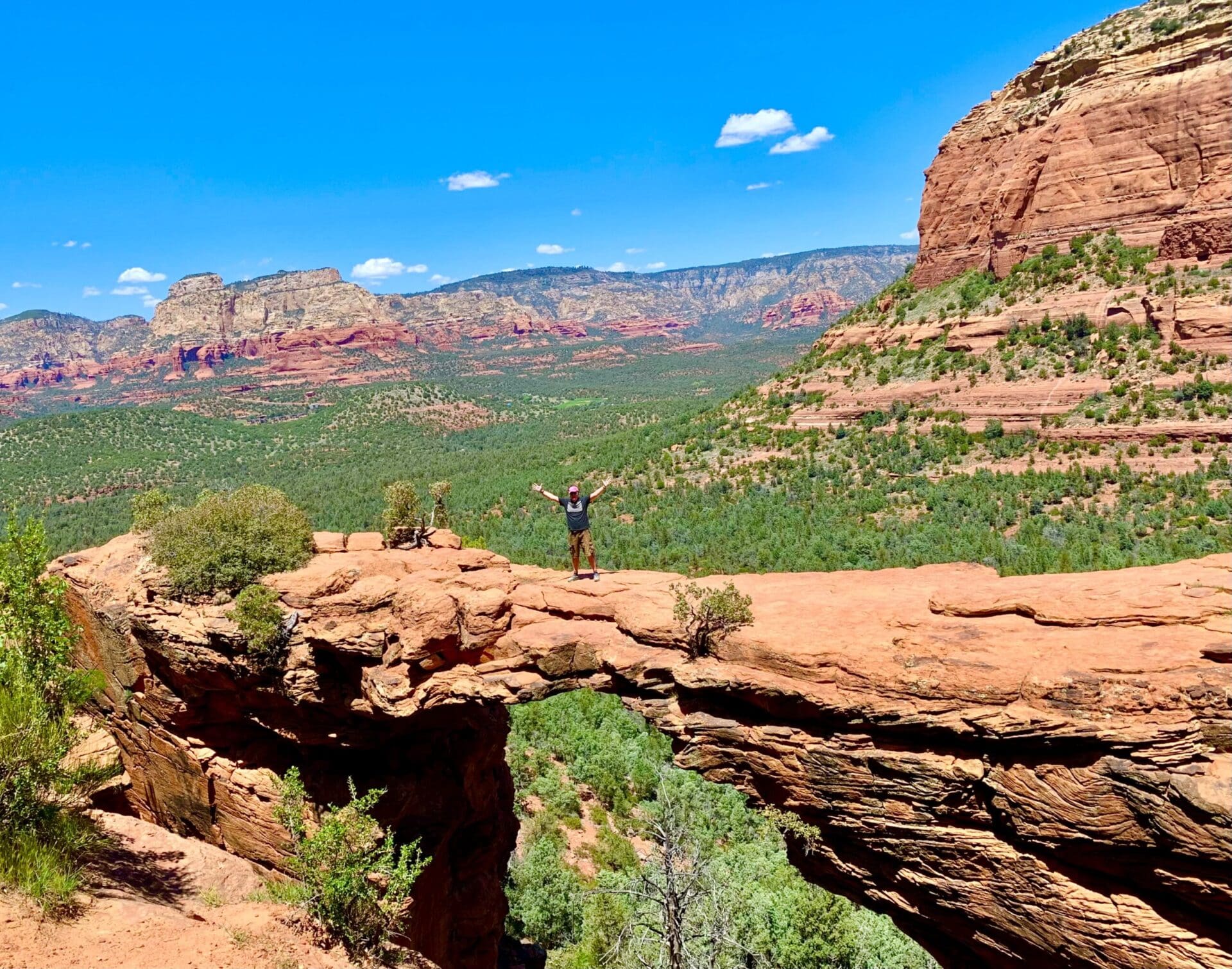
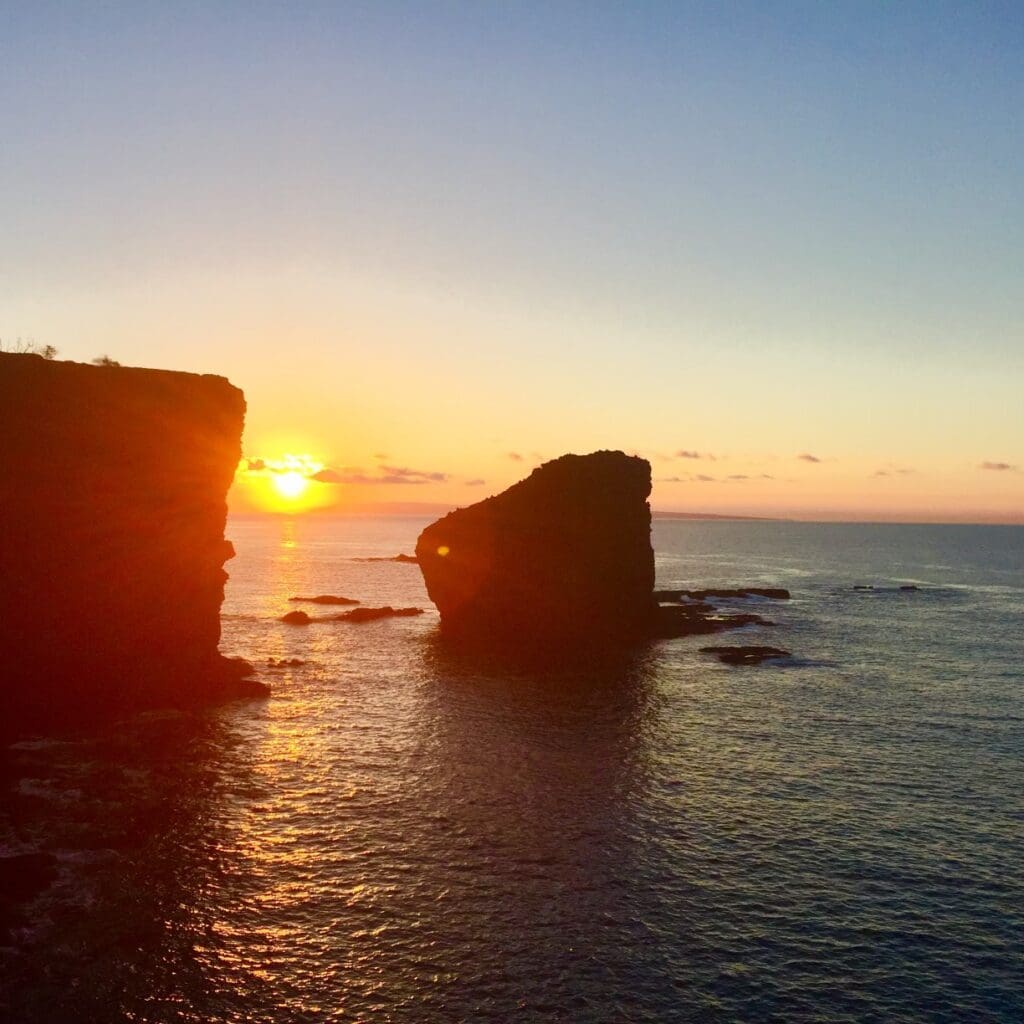
Ancient legends and echoes of whale song, I love that! What is your writing routine like? Do you wait for inspiration, or write at the same time of day? Do you have any writing-related or other rituals you like to do before you start writing?
I don’t have to wait for inspiration; it seems to find me at all the wrong times. To deal with this inconvenience, I text myself throughout the day. My text history is full of started poems, stories, and prompts. Whenever I feel stuck, I just have to scroll through my phone. There is no set time for when I like to write, but I like silence. No music or background noise at all. I’m lucky to live in pretty remote places.
A couple years ago a friend gave me a very nice fountain pen. I haven’t used one in years, but when I was in college the first time, I took all my notes in longhand with one. I always used peacock blue ink. That’s important. I’ve been practicing writing my first drafts in cursive longhand ever since. In the beginning it was pretty hard. I had trouble remembering some letter transitions in cursive. It’s been a worthwhile exercise, and if you are out of practice, I’d highly recommend it. As for peacock blue, it’s somewhat unique and looks really good on the page. It makes me happy every time I pick up the pen.
I’ll have to give that a try! What project or projects are you working on at the moment?
Editing, editing, editing. It is maybe the most important part of being a writer, and yet I don’t know anyone who likes it. For me, once I write something I’m ready to start something new. And by new, I am writing a series of epistolary eulogies for my friends and lovers who died way too young during the AIDS pandemic. I don’t want to write about their horrible deaths; I want to remember them and me living a life without knowing the horrors to come. With thirty years separating my living and their dying, I’m finding it easier to remember them and me. With Pride Month upon us, I can remember my first Gay Pride event in 1976 in West Hollywood, CA. It’s hard to imagine that 10+ years later, over half of the boys I went with would die, many having been rejected by their families, most showing cancer as the cause of death. They would be greeted with shame and abandonment, but at that parade in West Hollywood in 1976, we were family. It’s that I want to remember, commemorate.
That’s wonderful that you are doing that. It’s so important to commemorate those we have lost. For our final question, I want to ask about this wonderful platform that we are doing this interview for. As one of the founding members of Cambridge Common Writers, can you tell us how it started, and how it has evolved since then?
As my time as a fiction student was nearing its end, I started wondering if there was some sort of alumni mailing list so I could stay in touch with any graduates that may live closer to me in the west. None existed. At the same time, CCW’s future godmothers approached us to see if we were interested in forming an MFA alumni group: Poetry mentor Erin Belieu approached Robbie Gamble, who suggested that Fiction mentor Laurie Foos approach me. Robbie and I were about to start our second act as new genre students and jumped at the opportunity. We imagined all kinds of things a missing alumni association could accomplish. First was putting together a mailing list of graduates.
Lacking any real organization experience, Robbie and I decided to recruit a director. Over cocktails at Cambridge Common, we both, simultaneously, shouted Michael Mercurio’s name. We chose our director and name in the same night. All we had to do was convince Michael. Michael suggested we approach alums as volunteers to help our organizational efforts. Our first event was a residency reception where a volunteer would be helpful. One of the first alums to reach out was our very own Julia Leef. Without her early interest in and dedication to our newly formed Cambridge Common Writers, the organization might have stayed disorganized far longer. Just look at our website, CambridgeCommonWriters.org, to see all we have accomplished in a relatively short time.
Listen to Rex read three of his poems: “twelve,” “High Tea with Frank,” and “Loved 1981-1988.”

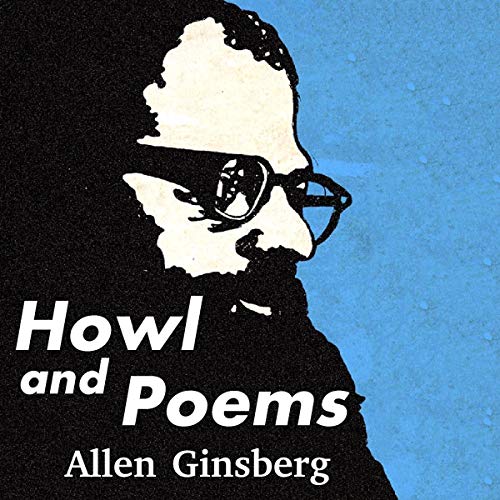
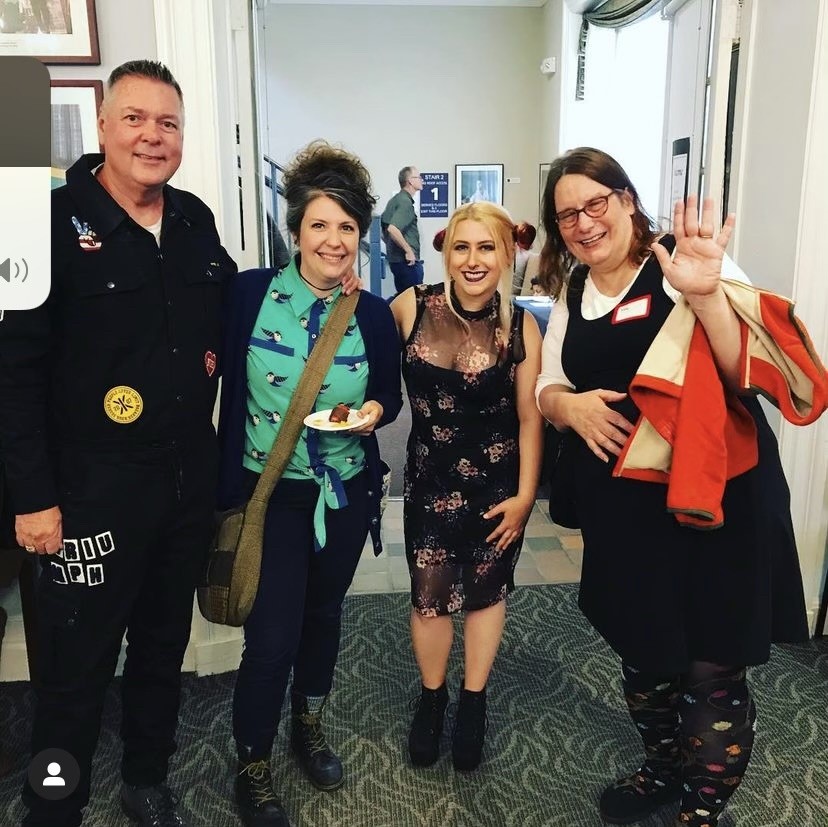
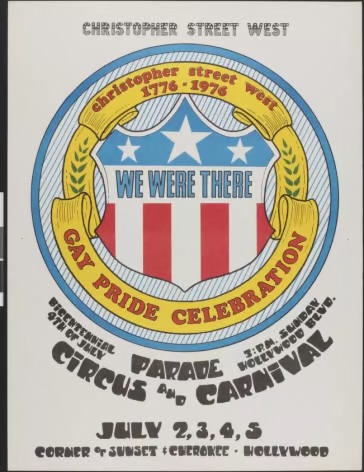
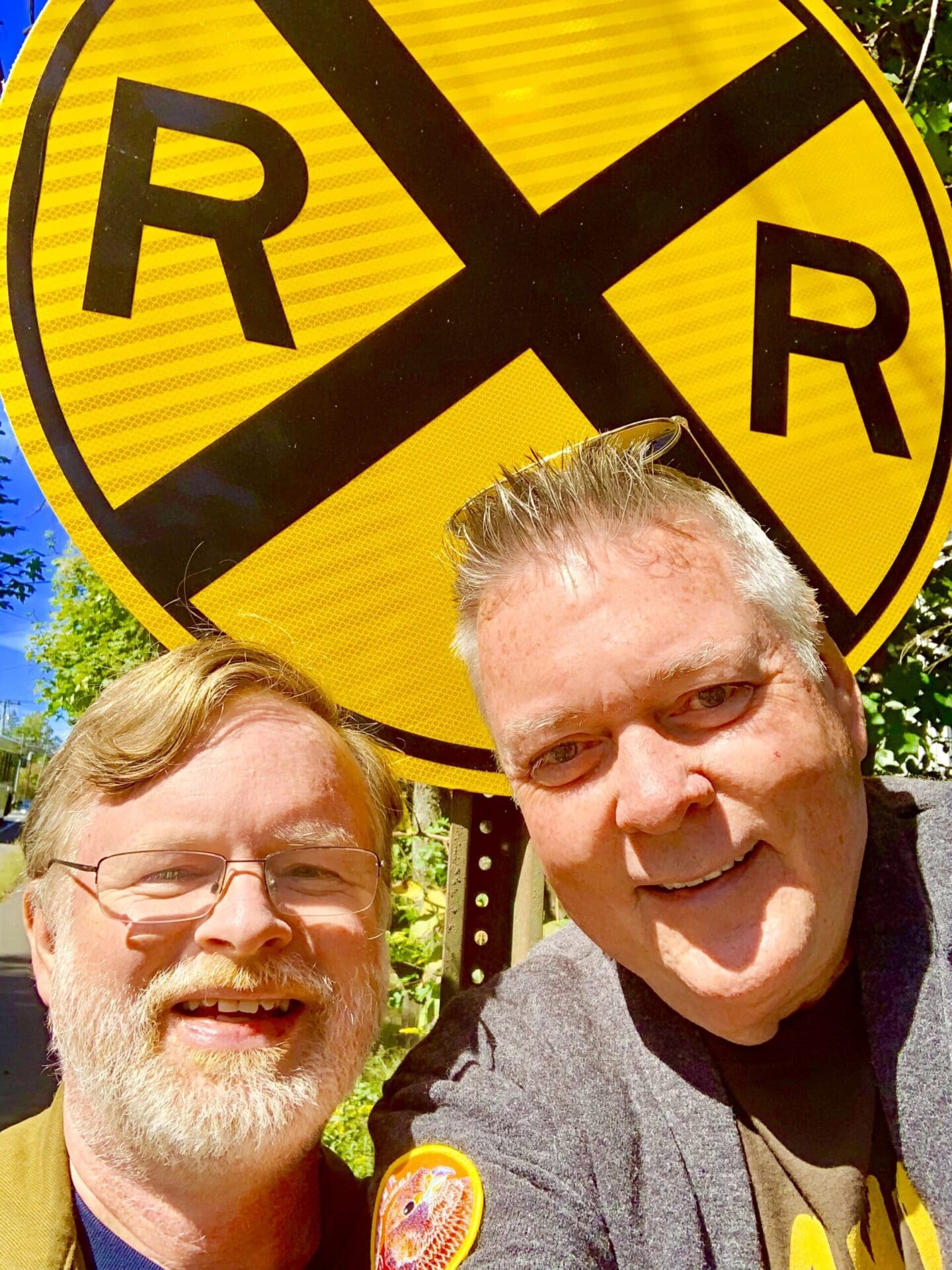
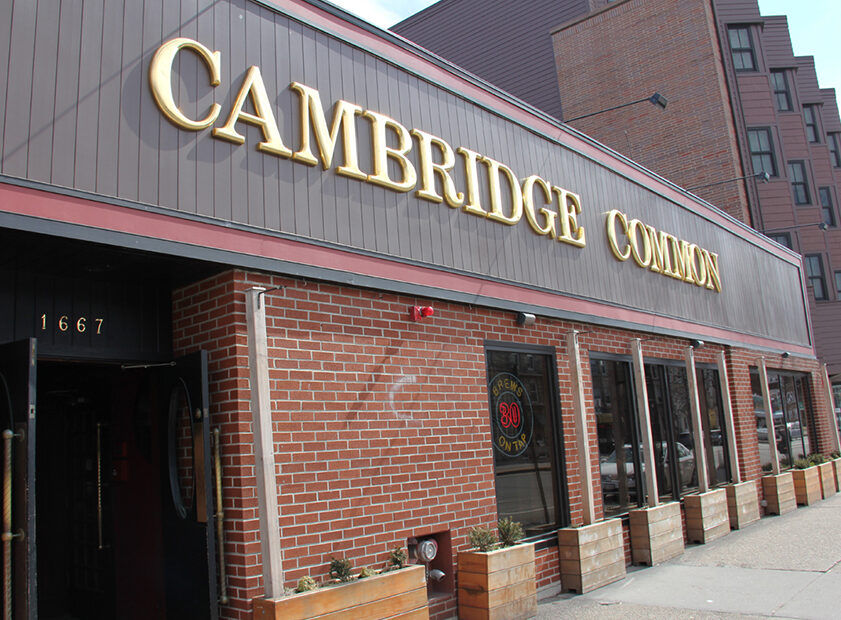
Comments are closed